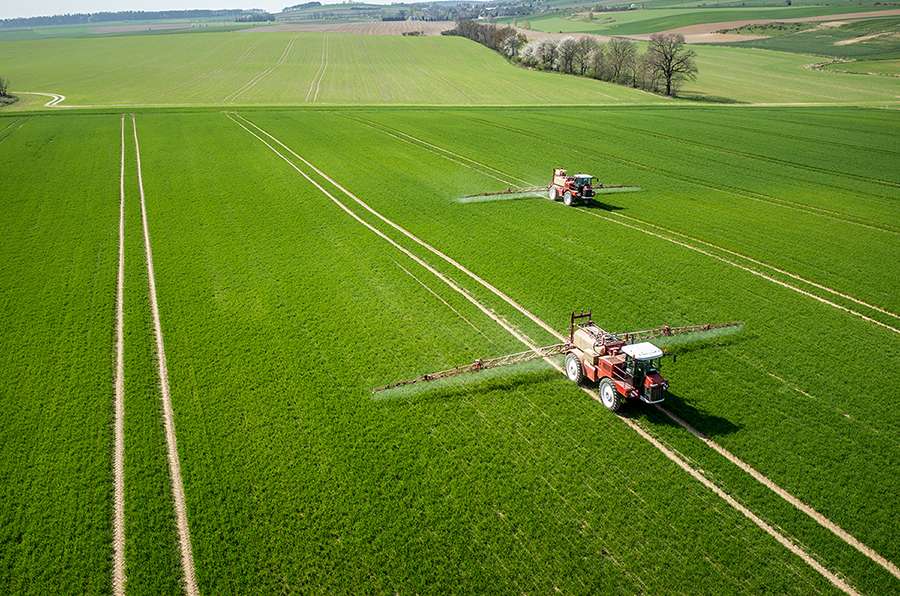Search Further
Kindly select atleast one option
Have Questions Related to CEAT Specialty Tires?
FAQs
CEAT Specialty sprayer tire is specifically designed for superior performance, longevity, and optimized traction in various agricultural applications.
Consider factors like terrain, load capacity, and speed requirements. CEAT Specialty offers a range of sprayer tires catering to diverse needs.
Yes, CEAT Specialty sprayer tires are built to withstand various weather conditions, ensuring optimal performance throughout the year.
Refer to your sprayer manual for precise PSI recommendations. Maintaining the correct tire pressure is crucial for even weight distribution and optimal performance.
CEAT Specialty recommends regular inspection and replacement based on tread wear to ensure continuous, reliable performance.
Yes, CEAT Specialty offers sprayer tires in various sizes to accommodate different rim specifications, providing flexibility for equipment compatibility.
Yes, CEAT Specialty sprayer tires are backed by a warranty, ensuring customer satisfaction and peace of mind.
Locate the size markings on the sidewall. In the metric system, three numbers represent width, sidewall thickness, and wheel diameter.
CEAT Specialty offers sprayer tires designed for various speeds, ensuring optimal performance and safety in different agricultural operations.
Regularly check and maintain the proper sprayer tire pressure, conduct visual inspections, and follow recommended maintenance practices outlined in the manual.
The price of sprayer tires can vary based on factors such as tire size, type, and specific features. CEAT Specialty offers competitive pricing for high-quality sprayer tires in the Canadian market.
CEAT Specialty's floater tires for sprayers are designed to reduce soil compaction, enhance traction, and provide stability, making them an ideal choice for efficient and sustainable spraying operations in diverse Canadian terrains.
CEAT Specialty offers a diverse range of sprayer tires tailored to various agricultural applications. The main types include floater tires and row crop sprayer tires. Sprayer flotation tires are ideal for pre-planting and provide reduced soil compaction, while row crop sprayer tires are recommended for mature crops, offering stability and precision during spraying operations. Each type is designed to address specific needs in Canadian agriculture, ensuring optimal performance and efficiency.
CEAT Specialty floater tires offer reduced compaction, enhanced traction, and stability, making them ideal for sprayers in agricultural settings.
CEAT Specialty sprayer tires come in both tube-type and tubeless variants, offering options based on user preferences and requirements.




